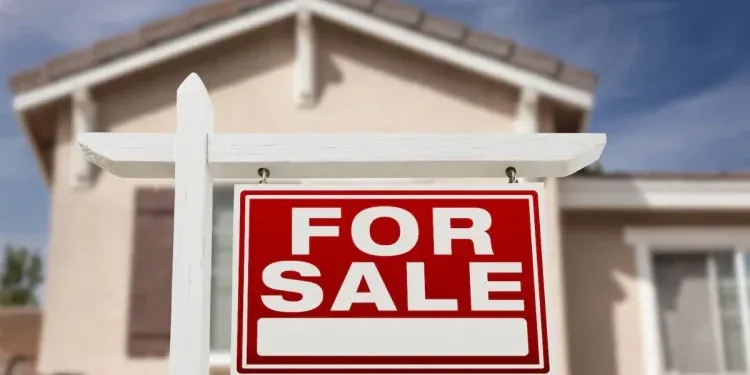Ireland’s housing crisis is taking a new turn as Rent Pressure Zones (RPZs) are now fully implemented across the country, extending strict limits on rent increases. While designed to protect tenants from soaring costs, these expanded regulations, combined with other pressures, are increasingly causing landlords to sell their properties, exacerbating an already acute shortage of rental homes.
Under the new nationwide RPZ rules, landlords can only increase rent once every 12 months. This increase is capped at either the rate of inflation (measured by the Harmonised Index of Consumer Prices, HICP) or 2% per year, whichever is lower. These regulations now apply to all private tenancies and student accommodation, including areas previously outside RPZs. The Residential Tenancies Board (RTB) provides a calculator on its website to help landlords determine the permissible increase. Breaching these rules can lead to significant fines and penalties.
The Alarming Trend: Landlords Selling Up
Recent data paints a worrying picture of landlords exiting the market. Over the past five years, a staggering 43,000 homes have reportedly been withdrawn from the rental market across Ireland, and alarmingly, many of these properties are not returning as rental units once they are sold.
The intent to sell is now the leading cause for tenancy termination notices. RTB figures from early 2023 to mid-2024 show that 59% of all eviction notices served (16,531 out of 27,856) were due to landlords intending to sell their property. This highlights a significant shift in the market dynamics, with direct implications for tenants.
Why Are Landlords Exiting?
The reasons behind this mass departure are complex and multifaceted:
- Increased Regulation and Unsustainable Rents: Many landlords, particularly the smaller private investors who supply the vast majority of rental units, find the regulatory environment increasingly burdensome. They argue that RPZ caps often keep rents “substantially below market rate,” making it financially unsustainable when factoring in rising costs, maintenance, and reduced returns.
- High Tax Burden: Private landlords in Ireland face a high tax rate of up to 52% on their rental profits. This contrasts sharply with the lower rates often applicable to larger, institutional landlords, creating an uneven playing field and discouraging individual investment. There are ongoing calls from landlord associations for tax reforms to address this disparity.
- Rising Property Values: For many “accidental landlords” – individuals who began renting out properties during the economic downturn when house prices plummeted – the current surge in property values presents an opportune moment to sell, clear mortgages, and exit negative equity.
- Bureaucracy and Legal Complexities: Dealing with protracted RTB disputes, stringent compliance requirements, and extensive administrative paperwork has added considerable stress and cost. This often leads landlords to opt out of the sector rather than face further administrative burdens or potential penalties.
Impact on Tenants and the Wider Market
The consequences of this exodus are dire for tenants. The shrinking supply of available rental homes intensifies competition, which in turn puts upward pressure on rental prices for new tenancies, even within RPZ limits. Displaced tenants face immense pressure to find new accommodation in a market with dwindling options. Furthermore, many former rental homes are being sold to owner-occupiers, meaning fewer second-hand properties are available for first-time buyers, exacerbating the broader housing supply crisis.
Government Response and Future Outlook
The Irish government acknowledges the negative impact of current regulations on private investment and recognizes the urgent need to boost housing supply and retain existing landlords. In response, Budget 2024 introduced tax relief measures, allowing landlords to disregard a portion of their rental income (€3,000 in 2024, gradually increasing to €5,000 by 2027), provided they remain in the rental market for a specified period.
The full implementation of RPZs and new tenancy protections, including the upcoming potential for six-year minimum tenancies, is set to take effect by March 1st, 2026. While these measures aim to stabilize the rental market for tenants, the long-term impact on housing supply and landlord participation remains a critical challenge. The effectiveness of the recently introduced tax incentives in reversing the trend of landlords exiting the market will be closely monitored as Ireland continues to grapple with its housing crisis.







